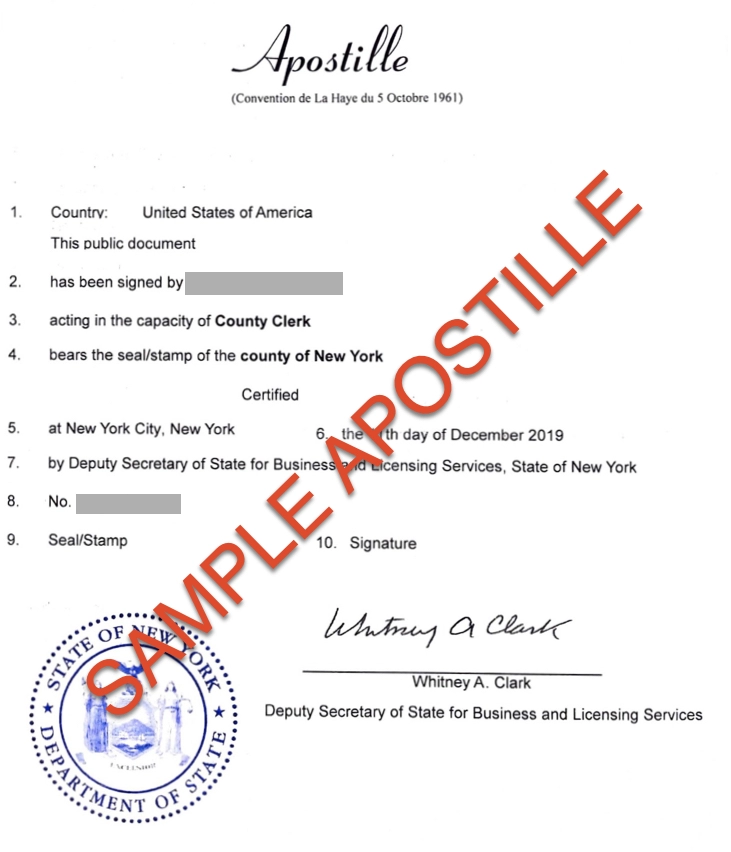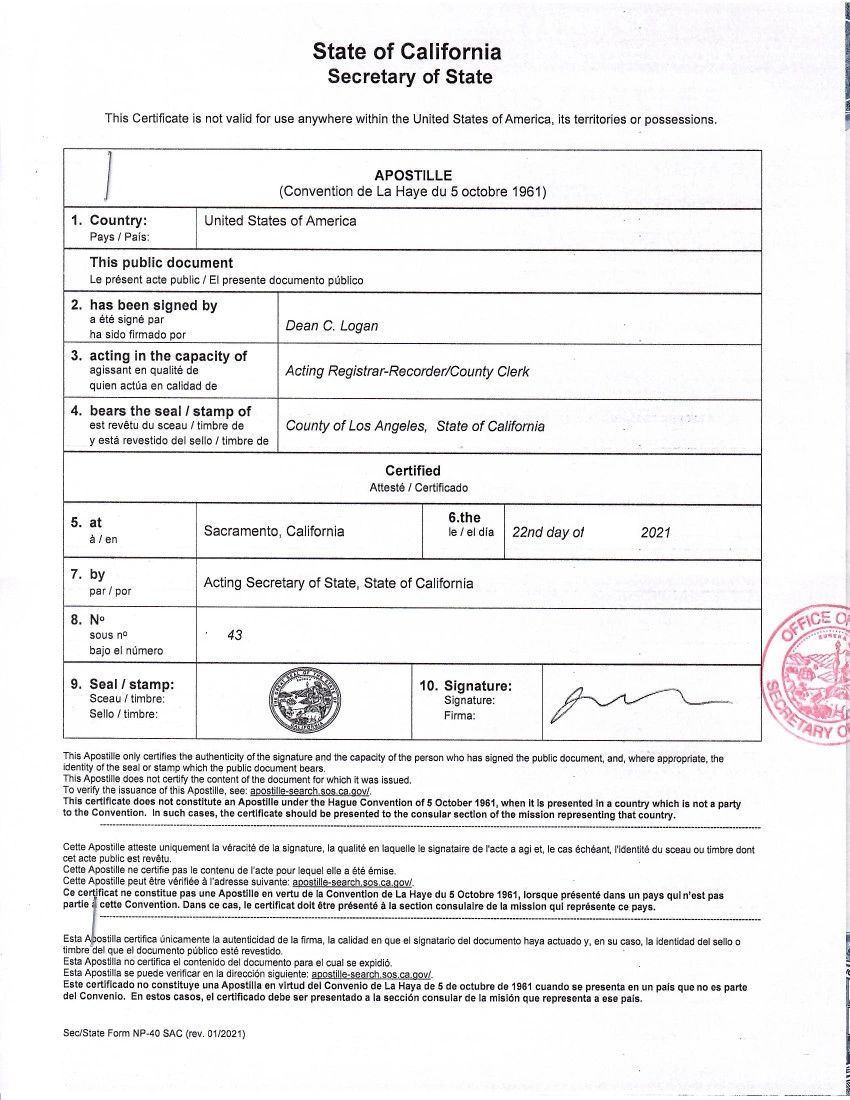Understanding the Apostille Process: A Comprehensive Overview to International Document Authentication
Browsing the elaborate landscape of global document verification can be intimidating without a clear understanding of the apostille process. What exactly specifies an apostille, and why is it so essential for files predestined for Hague Convention countries?
What Is an Apostille?
An apostille is an official qualification that validates the authenticity of a paper for use in another country. This certification, provided by an assigned authority in the nation where the file came from, ensures that the paper is identified as legitimate and genuine in the international sector. The process of acquiring an apostille entails numerous steps, consisting of the confirmation of the paper's signatures, seals, and stamps by ideal governmental bodies.
The apostille functions as a globally identified kind of verification, implemented by the Hague Convention of 1961. This treaty, officially referred to as the Hague Convention Eliminating the Demand of Legalisation for Foreign Public Papers, systematizes the process of document certification among participant nations. The apostille itself is a standard certificate which contains details information, such as the providing authority, the country of origin, and the day of issuance.
It is crucial to note that not all documents are eligible for an apostille. Normally, public documents like copyright, marital relationship licenses, court orders, and academic diplomas receive this qualification. Private files, such as contracts and arrangements, may require registration and extra steps to qualify.
Significance of Apostille
Comprehending what an apostille is sets the phase for valuing its significance in global transactions. houston tx apostille. An apostille, basically a form of certification issued by a designated authority, verifies the authenticity of a document for use in international countries that are notaries to the Hague Apostille Convention. This standardized procedure gets rid of the requirement for further legalization by consular offices or consular offices, therefore enhancing international transactions
The relevance of an apostille can not be overemphasized. It guarantees the reputation and approval of vital documents-- such as copyright, marriage licenses, and academic diplomas-- throughout borders. For services, it assists in the smooth conduct of global trade, mergers, and procurements by offering a trusted technique of document verification. This decreases administrative difficulties, saving both time and sources.
Moreover, an apostille improves legal safety and security and conformity. Governments and establishments can with confidence depend on the credibility of files birthing an apostille, alleviating the risk of scams and misstatement.
Records That Require Apostille
When taking part in worldwide transactions or legal issues, specific papers often demand the authentication supplied by an apostille. This guarantees their recognition and acceptance in countries that are signatures to the Hague Apostille Convention. Typically, individual records such as copyright, marriage certifications, and fatality certificates need an apostille, specifically when they are used for processes like immigration, marriage abroad, or global probate issues.
Educational documents are another classification often requiring apostilles. Diplomas, transcripts, and academic records commonly require this verification for functions such as pursuing more education and learning, work, or professional licensing in a foreign nation (houston tx apostille). This action assures that the records are recognized as legitimate and valid
Legal papers, consisting of powers of lawyer, testimonies, and court orders, additionally generally require apostilles. Company papers such as certificates of consolidation, bylaws, and industrial contracts may need an apostille to assist in worldwide trade, establish important source foreign branches, or engage in cross-border lawful proceedings.
Steps to Obtain an Apostille

Getting an apostille entails a multi-step procedure that makes sure the authenticity and acceptance of your files in foreign countries. The initial action is recognizing which papers need an apostille. houston tx apostille. Common files include birth certifications, marital relationship licenses, academic transcripts, and company records
Once recognized, the paper must be licensed by the appropriate releasing authority. After accreditation, the document must be submitted to the assigned Competent Authority in the document's nation of site link beginning.
The submission process usually needs a finished application, the original document, and a fee. Some territories may use the option of expedited processing for an added fee. Upon effective confirmation, the Competent Authority will fasten the apostille certification to the file, therefore confirming its credibility.
Usual Challenges and Solutions
Browsing the apostille procedure can present a number of usual challenges that, if not effectively dealt with, might postpone or make complex file verification. One regular concern is the submission of inaccurate or insufficient documents. Each country has certain needs for the sorts of documents that can be apostilled, and any type of inconsistency from these can result read what he said in rejection. Making sure that all records are exact and total prior to entry is essential.
An additional typical difficulty is comprehending the different processing times. Handling times can vary significantly in between nations and also in between different regions within the very same nation. It is crucial to make up these variations when intending the apostille procedure to prevent unforeseen hold-ups.
Furthermore, language barriers can position significant barriers. Records in an international language commonly need licensed translations, and any type of inaccuracies in translation can lead to more issues. Engaging a professional translation solution can alleviate this danger.

Final Thought
Grasping the apostille process significantly boosts the effectiveness of international document verification. By comprehending the necessity of recognizing and licensing needed documents, and browsing the submission to the Competent Authority, the process comes to be much more manageable. Recognition of typical challenges, such as insufficient submissions and language obstacles, even more help in protecting against prospective hold-ups. Making sure files are properly apostilled promotes their acceptance in Hague Convention signatory nations, thus sustaining seamless international lawful and administrative treatments.